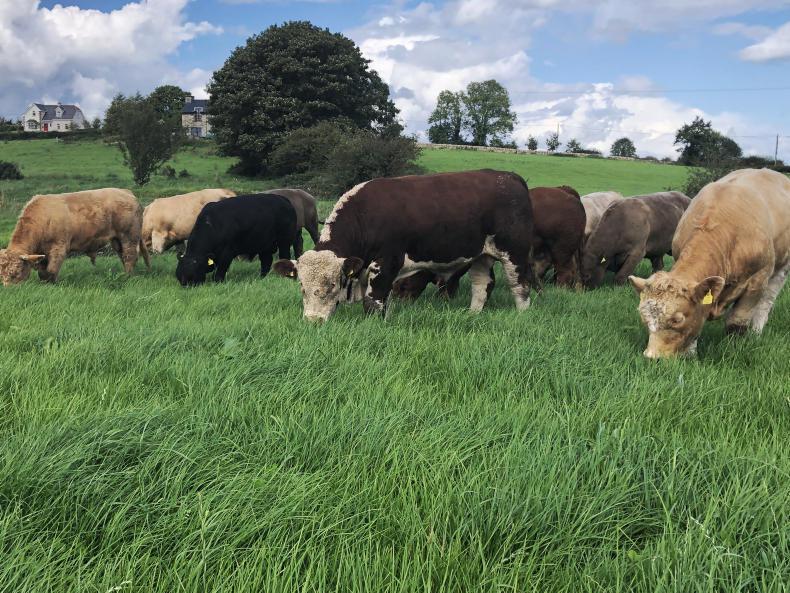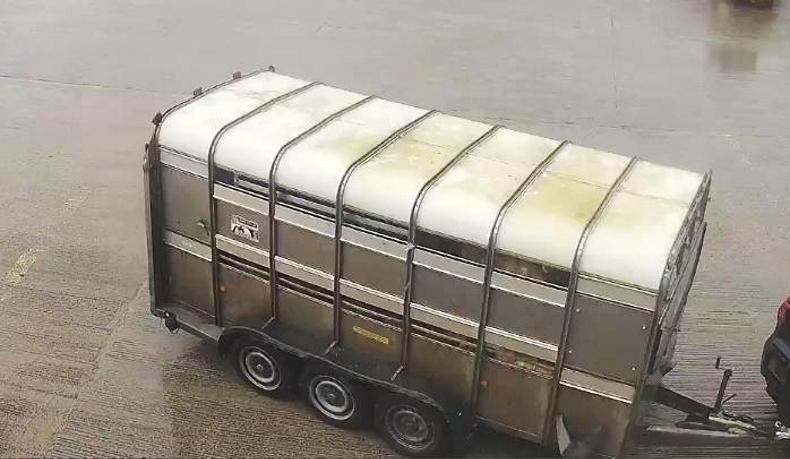The Green Party seems bound for government, and has largely set the agenda for the programme for government.
Farming, despite having Simon Coveney and Michael Creed speak up for it, is squarely in the Greens’ sights.
If the environment could be described as a new religion, some of the more high-profile spokespersons are its high priests.
Full of conviction, they like to portray farming as the villain of the piece. With zeal, they condemn what they see as the vested establishment interests of Glanbia, Kerry or farmers, in the form of the IFA.
For those who believe that farming is subject to a witchhunt, they are the witchfinder generals.
Reducing the climate change debate to a simple narrative makes it easier for the general public to digest. Blaming farming lets most people off the hook. If only it were that simple.
At times the same commentators are thoughtful and insightful in relation to the massive challenge of feeding the world while reducing the human footprint to a sustainable level, so there can be common ground.
Farming, for its part, has to engage fully. This is not the time for boxing ourselves into a corner, we need to be in the middle of the ring. Polarising the arguments might have been an effective strategy for the farm organisations when they had the ear of government. The problem is, if you opt for an ideological war, you need to win it.
Centring the debate around how to best evaluate the true footprint of our national herd is a strategy that carries risks.
When climate activists point out that we import 170,000t of animal feed every week, they are simply stating the facts.
The Irish Grain Growers have made the same point.
But while they want to replace the imports with Irish feed, climate activists want to rid of the animals consuming the feed.
We need more than just the fact that methane from livestock production is offset by the grass our animals graze in our armoury.
That grass sink won’t necessarily disappear if cattle numbers reduce.
Carbon output would fall if we cut the herd and kept the grassland, using the grass for bioenergy like the Germans do.
The bottom line here is farmers to be allowed to continue to work the land to produce food and to gain a decent income from their efforts. That is an aspiration that the IFA and the Green Party can surely agree on.










SHARING OPTIONS